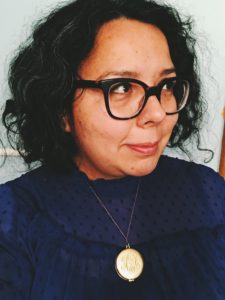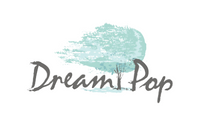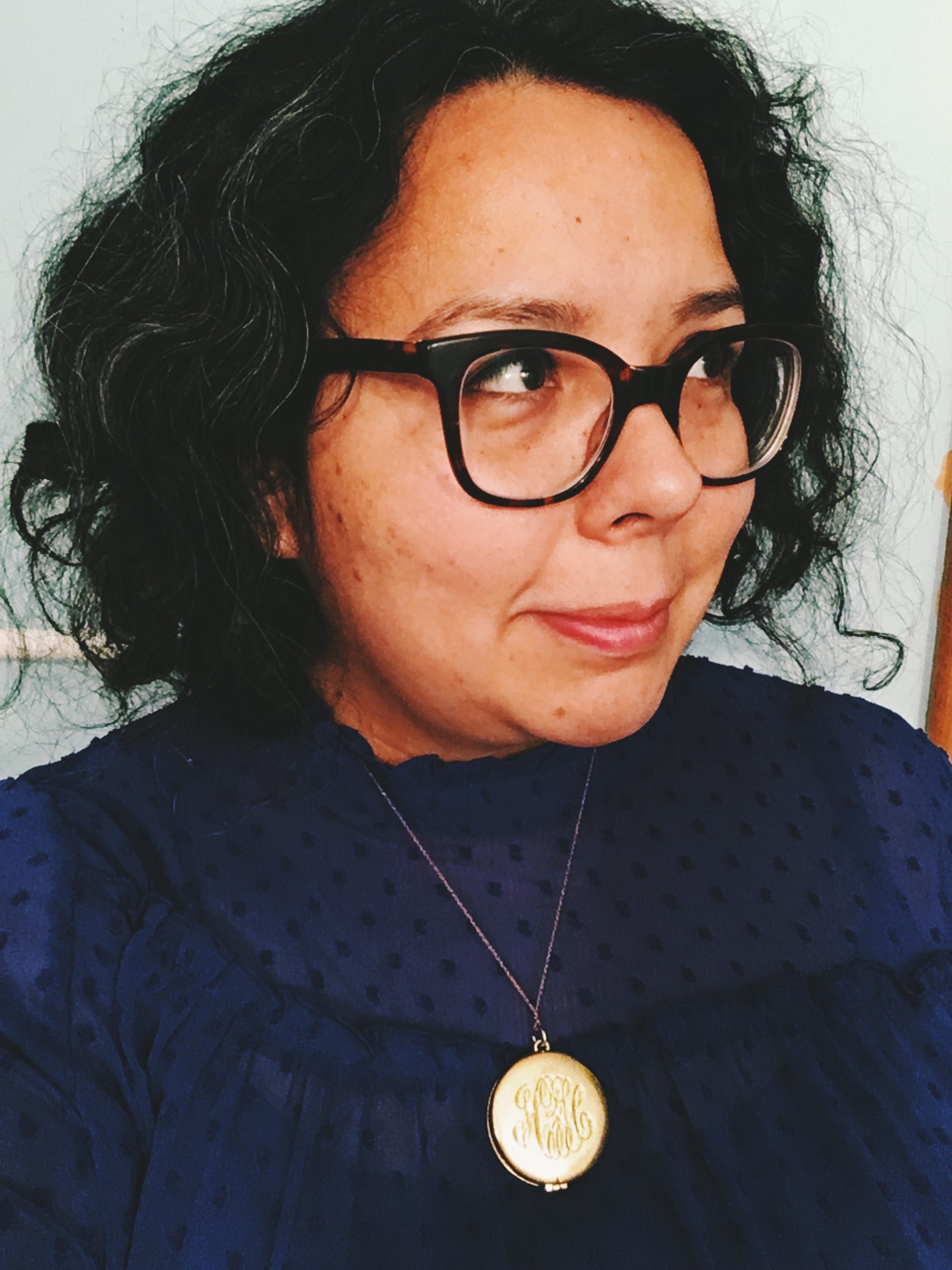Domestic Conjecture

#45
Part of the allure of this house was the feeling that this seemed to be a place made for guests. The pragmatic largesse required when hosting seemed within reach—opening the door wide when visitors came, having every drink under the sun available, giving them their own space to stare out of the window on a rainy morning while still ensconced in a bed of white linens. Their hosting style would not be as baroque and formal as placing purple violets in a vase in the guest bathroom, but there was absolutely a 1940s glass carafe with a matching glass by the bedside. The vision was clear, down to the matching wicker chaises and with the ikat throws made for afternoon napping. Shortly after they moved in, there were guests…and again and again after the first half hour of pleasantries, it was hard to know what do with them. They didn’t want to nap before dinner. The carafe collected dust. So often guests do not know the role that we have designed for them in our imaginations, and even more often they don’t understand the staging, the choreography, the dramaturgy that has been drafted, workshopped and carefully edited. The ideal guest would vocalize an appreciation of ballet-slipper pink peonies at breakfast and would be moved by a collection of antique bottles designed to catch the sun in waking light. The most tenuous aesthetic executions would held lightly but yet be regarded as fully realized articulations of the self.

#46
Is it possible that a house is more itself when uninhabited? Could it be that some houses long for emptiness, the way that some people are only content when their stomach is empty, privately inspired by lack? Empty, this house weighs two hours of morning and afternoon sunlight, which warms the floorboards all day. It is a person on a bench with legs stretched in front of them, soft eyed, not waiting for anything, possibly admiring their own hands. It plays with a quietly thrilled lightness of being that comes from being exactly the thing that it is, no more, no less.

#44
If you are lucky, at the end of your life, you will wind up like this house. You will see that your awkward angles are the best things about you. You will take up as much room as you need. There will be things about you that no one else sees, and you will cherish what is only for you. You will know your lack of symmetry as the best kind of complexity. You will regain dimension as you stop cutting your wildness back for the comfort of others.

#41
Here is what I love…overgrown. Heavy. Asymmetrical. Partially obscured by trees and/or foliage. A cheeky pop of color that does not look premeditated. Lived in. A house that is surely filled with books: under beds, in the kitchen, in stacks of five on bedside tables. Mismatched bedding that requires imagination. A dependence on plants to hint at a political point of view to passersby. The feeling of reaching up. The look of rootedness. Wood siding. A tall fence to hide a disappointing kitchen herb garden. An inconvenient but perfect spot for a hammock. A shifting canopy. A house that makes room for itself and whoever lives in it. A house that feels big or small depending on the music that plays inside it. A house with a raised eyebrow. A house that winks.
 Anne Rubin is a writer and educator in Minneapolis, MN. Her work has been published in Indicia and The Hunger.
Anne Rubin is a writer and educator in Minneapolis, MN. Her work has been published in Indicia and The Hunger.


